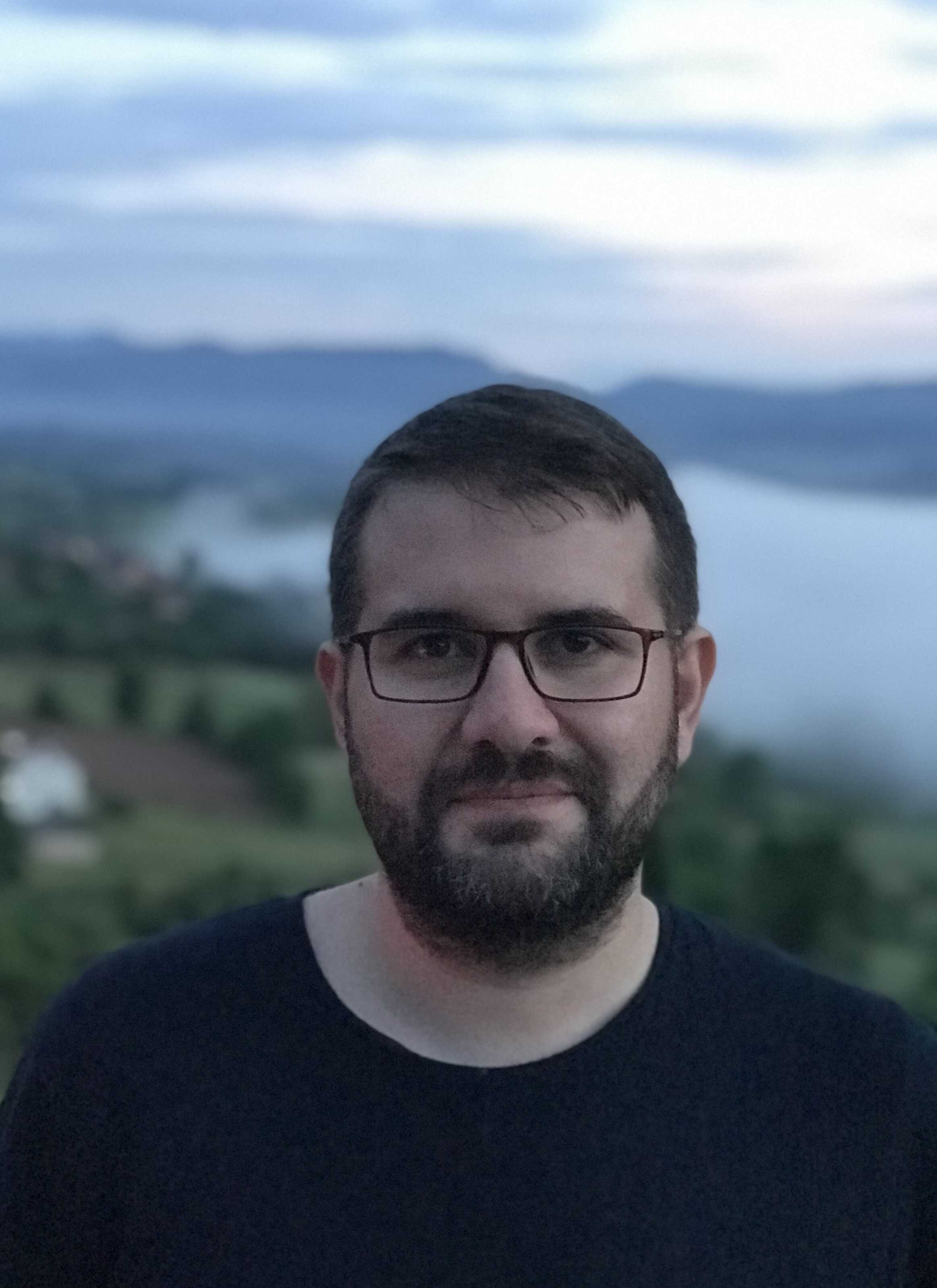People
Faculty
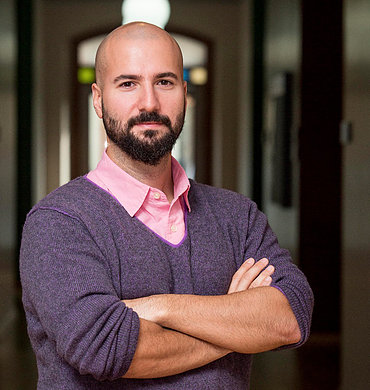
Akın Ünver
Akin Ünver is an associate professor of International Relations at Kadir Has University, specialising in conflict research, computational methods and digital crisis communication. He is the Resident Fellow of Cyber Research Program at the Centre for Economic and Foreign Policy Research (EDAM), a Research Associate at the Center for Technology and Global Affairs, Oxford University and a Senior Research Fellow at GUARD (Global Urban Analytics for Resilient Defence) at the Alan Turing Institute.
Matti Nelimarkka
Matti Nelimarkka serves as computational social scientists at the Faculty of Social Science, University of Helsinki. His research focuses on social computing, such as: digital democracy and politics of technology, practices of computational methods for social sciences, and hybrid media systems. He is also a visiting researcher at Aalto University, Department of Computer Science and Futurice.TA and Organizational Support
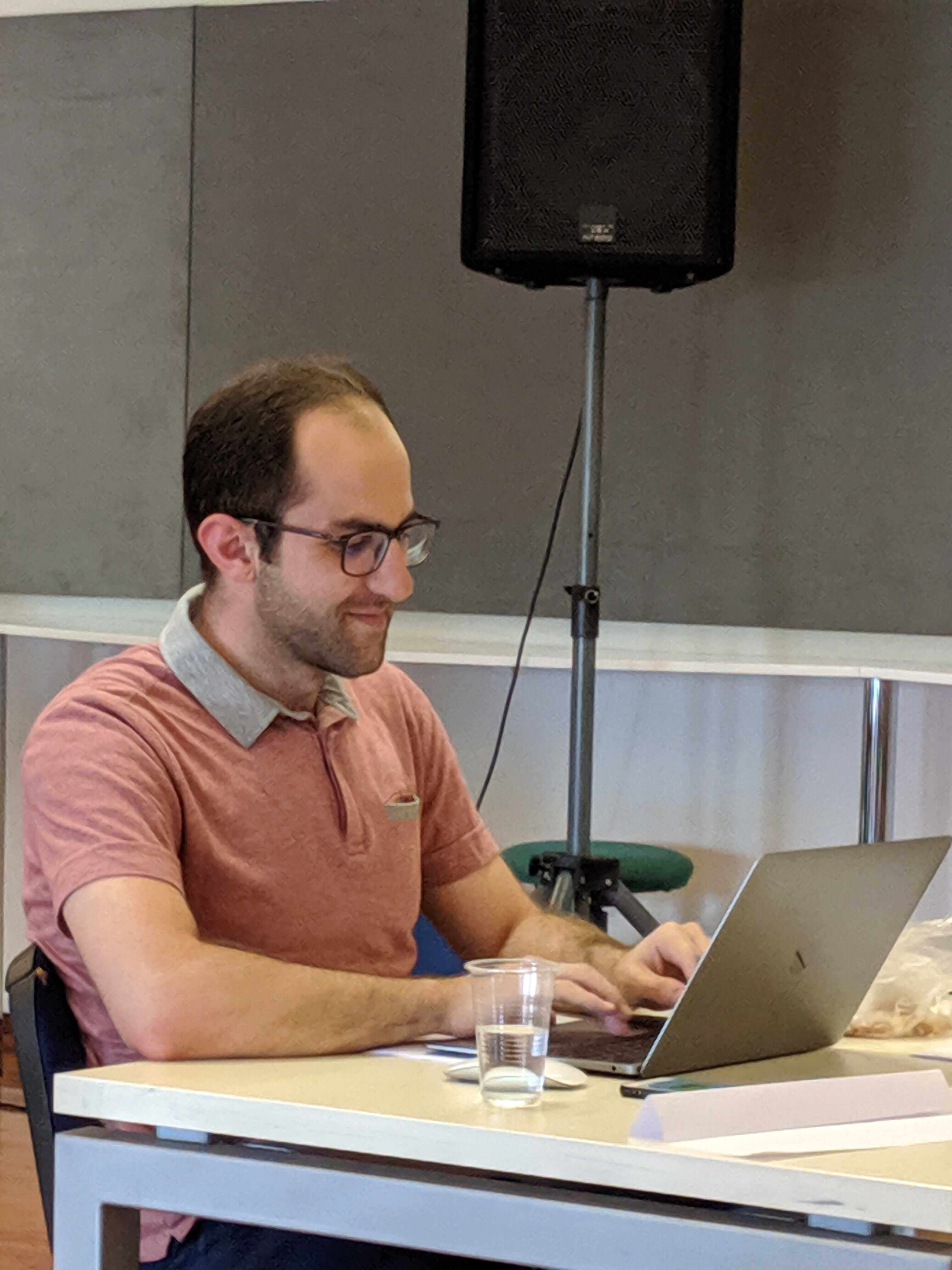
Yunus Emre Tapan
Emre is currently doing his Ph.D. in International Relations at Kadir Has University. His research interests are at the intersection between data science and social sciences. He is employing social network analysis and computational text analysis methods to study online communities with a particular focus on radicalization and extremism. He gained his Bachelor's degree in Economics from Bogazici University and his Master's degree in Middle East Studies from Middle Eastern Technical University. He was a participant of SICSS-Helsinki in 2018 and a teaching assistant of SICSS-Istanbul in 2019.Data Science Expert
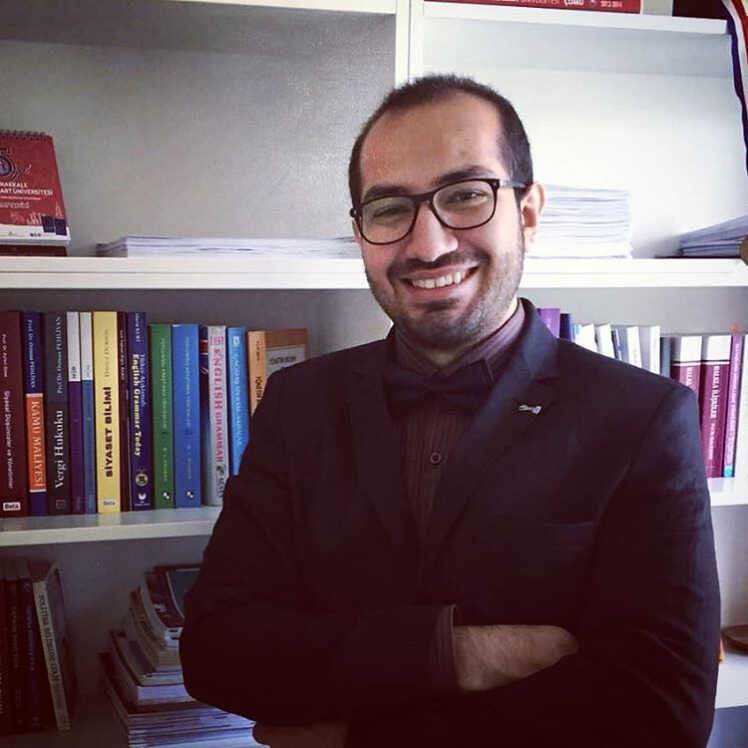
Ahmet Kurnaz
Ahmet is a PhD candidate at Çanakkale 18 Mart University’s Department of Political Science. Ahmet comes from a computer science background and has advanced knowledge of R. He works on polarisation and political communication online and specialises in text mining and analysis. He was a visiting researcher at the Oxford Internet Institute in 2017 and 2018, and the University of Maryland, College Park in 2015. He was a teaching assistant of SICSS-Istanbul in 2019.Local Speakers
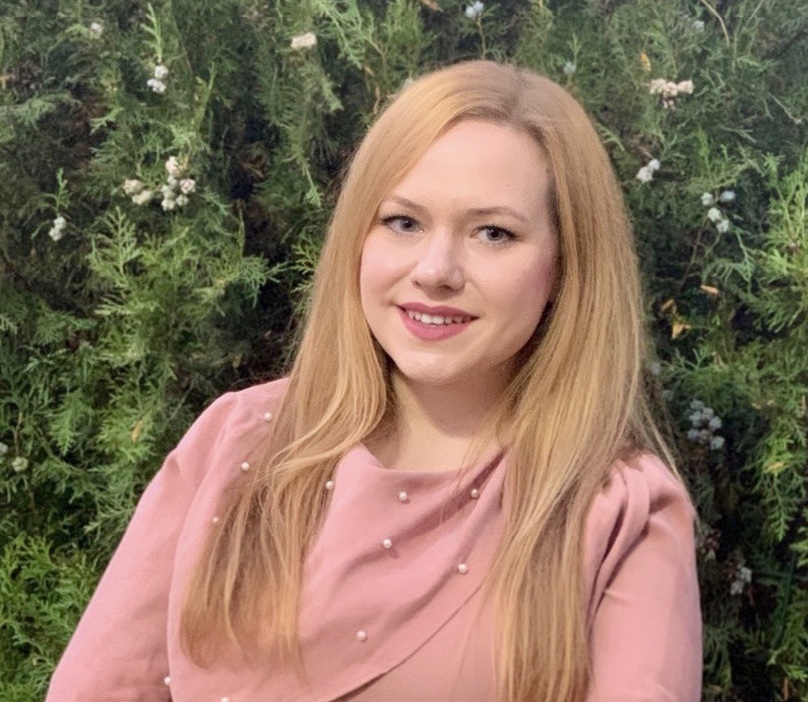
Merih Angın
Merih Angın is an Assistant Professor at the International Relations Department of Koç University. Previously, she was a Postdoctoral Fellow at the Weatherhead Center for International Affairs of Harvard University, a postdoctoral research fellow at the Blavatnik School of Government of the University of Oxford, and a visiting scholar at the Mortara Center for International Studies of the Edmund A. Walsh School of Foreign Service at Georgetown University. Dr. Angın holds a PhD degree in International Relations/Political Science from the Graduate Institute of International and Development Studies (IHEID), an M.Sc. degree in International Relations from METU, and a Bachelor’s degree in Economics from Bilkent University. Her research interests lie in the areas of international political economy, international organizations, international development, international financial institutions, investment arbitration, political economy of privatization, migration, quantitative methods, agent-based modelling, machine learning, artificial intelligence and computational social sciences. Her research on IMF lending has recently been awarded the European Commission’s Marie Skłodowska-Curie Actions Individual Fellowship, as well as the Scientific and Technological Research Council of Turkey’s International Fellowship for Outstanding Researchers for 3 years.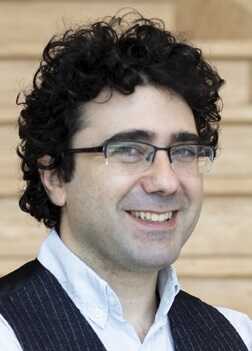
Albert Ali Salah
Albert Ali Salah received his PhD degree at Boğaziçi University in Turkey. Having worked as a researcher at Centrum Wiskunde & Informatica (CWI), University of Amsterdam, Boğaziçi University and Nagoya University, he is currently a professor and chair of the Social and Affective Computing group at Utrecht University, Dept. of Information and Computing Sciences. His research focuses on the development of computational systems that can interpret and model social and affective signals, and thus exhibit and understand human behaviour. He was the scientific coordinator of the Data for Refugees (D4R) Challenge, a mobile data challenge to improve the living conditions of Syrian refugees in Turkey. He has co-authored over 200 publications on multimodal interfaces, pattern recognition, computer vision, and computer analysis of human behavior. Albert has received the inaugural EBF European Biometrics Research Award (2006), BUVAK Award of Research Excellence (2014), and the BAGEP Award of the Science Academy (2016). He serves as an associate editor of several journals, including IEEE Trans. Affective Computing, JAISE, Int. Journal on Human-Computer Studies, and IEEE Trans. Cognitive and Developmental Systems. He is a Senior Member of IEEE, and a member of ACM.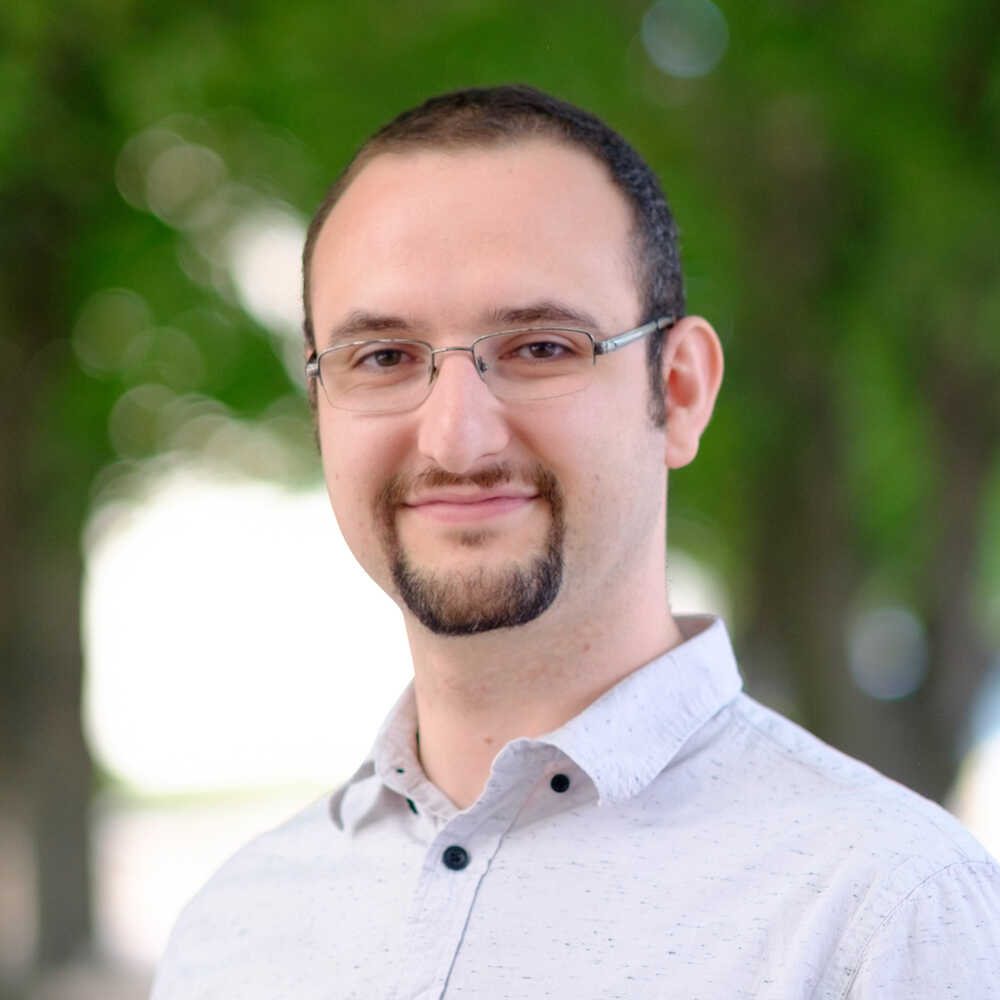
Onur Varol
Dr. Onur Varol is an Assistant Professor at the Sabanci University Faculty of Engineering and Natural Sciences and Principal Investigator at the VIRAL Lab. His research focuses on developing techniques to analyze online behaviors to improve individual well-being and address societal problems using online data. Prior to joining Sabanci University, he was a postdoctoral researcher at Northeastern University at the Center for Complex Network Research. He completed his PhD in Informatics at Indiana University, Bloomington (USA). His thesis focuses on the analysis of manipulation and threats on social media and he was awarded the 2018 University Distinguished Ph.D. Dissertation Award. He has developed a system called Botometer to detect social bots on Twitter and his team ranked top 3 worldwide at the 2015 DARPA Bot Detection Challenge. Efforts on studying social bots yield publications on prestigious venues such as International Conference of Web and Social Media (ICWSM), Nature Communications, World Wide Web (WWW) conference, and Communications of the ACM.
Pinar Dag
Pınar Dağ is a lecturer at New Media Department of Kadir Has University. Since 2017, she has been teaching at Galatasaray University Faculty of Communication as a visiting lecturer. Pınar Dağ took her bachelor's degree in economics and her master's degree in journalism at the London School of Journalism. She was elected a member of the 2019 Leadership Academy for Women in Digital Media by The Poynter Institute. She is one of the founding members of the Open Data and Data Journalism Association established in 2016. Her research interests are Data Literacy, Data Journalism, Open Data, Data Visualization, Big Data, Data Management, Data Analysis.Participants
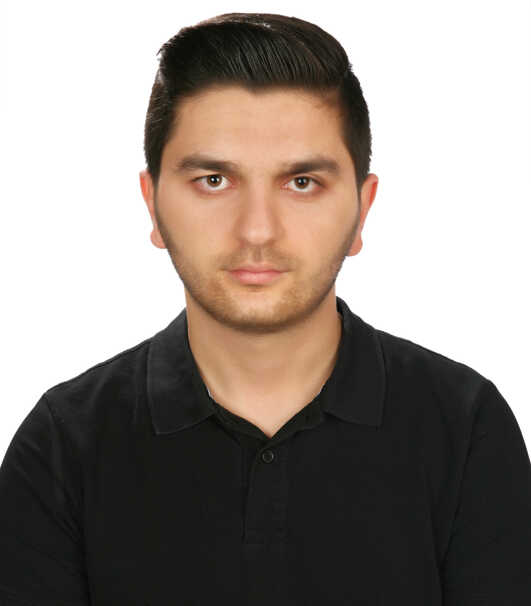
Sadettin Demirel
Sadettin is a Ph.D. candidate at Istanbul University's Journalism Department. He took his bachelor's degree in Public Relations at Kadir Has University. He also holds two master's degrees: one is in Investigative Journalism from Göteborg University, another is in New Media Department from Kadir Has University. Sadettin has a scholarly interest in computational & data journalism, data visualization. In his MA dissertation, he studied the challenges facing the integration of data journalism (visualization) in Turkish news media. He is an intermediate level R user and eager to use R and computational methods in his doctoral research. Additionally, he co-founded the İstanbul-based Data Literacy Association (VOYD) in 2018 to promote data literacy and support data journalism and open data activities in Turkey. Occasionally he is writing on R programming, data journalism, and visualization for News Lab Turkey, Journo, and Veri Bülteni.
Martin Llada
Martin Llada is an economist who is doing a PhD in Economics at the University of Buenos Aires, Argentina. In addition, he is doing a master's degree in Data Science at the same University. He is interested in macroeconomic topics and the way available information is used for the formation of opinions related to these topics, which have an effect on people's behaviors and the dynamics of economy. His research agenda is focused on understanding the complex phenomenon of the process of agents’ opinion formation through the exploitation of several sources of data (newspapers, social networks, publications by private and public institutions, and objective indicators), and on evaluating whether the indices based on these sources of data can explain or predict the evolution of objective economic indicators.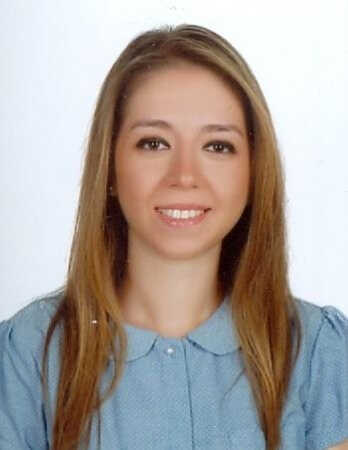
Ezgi Siir Kibris
Ezgi Siir Kibris is a Ph.D. student at the University of Rochester, Department of Political Science. She has MA degrees in Political Science and European Studies, and BA in Economics from Sabanci University. Her research revolves around judicial politics, international courts, corruption, and democratic backsliding. She is interested in quantitative methods specifically causal inference, machine learning, and natural language processing.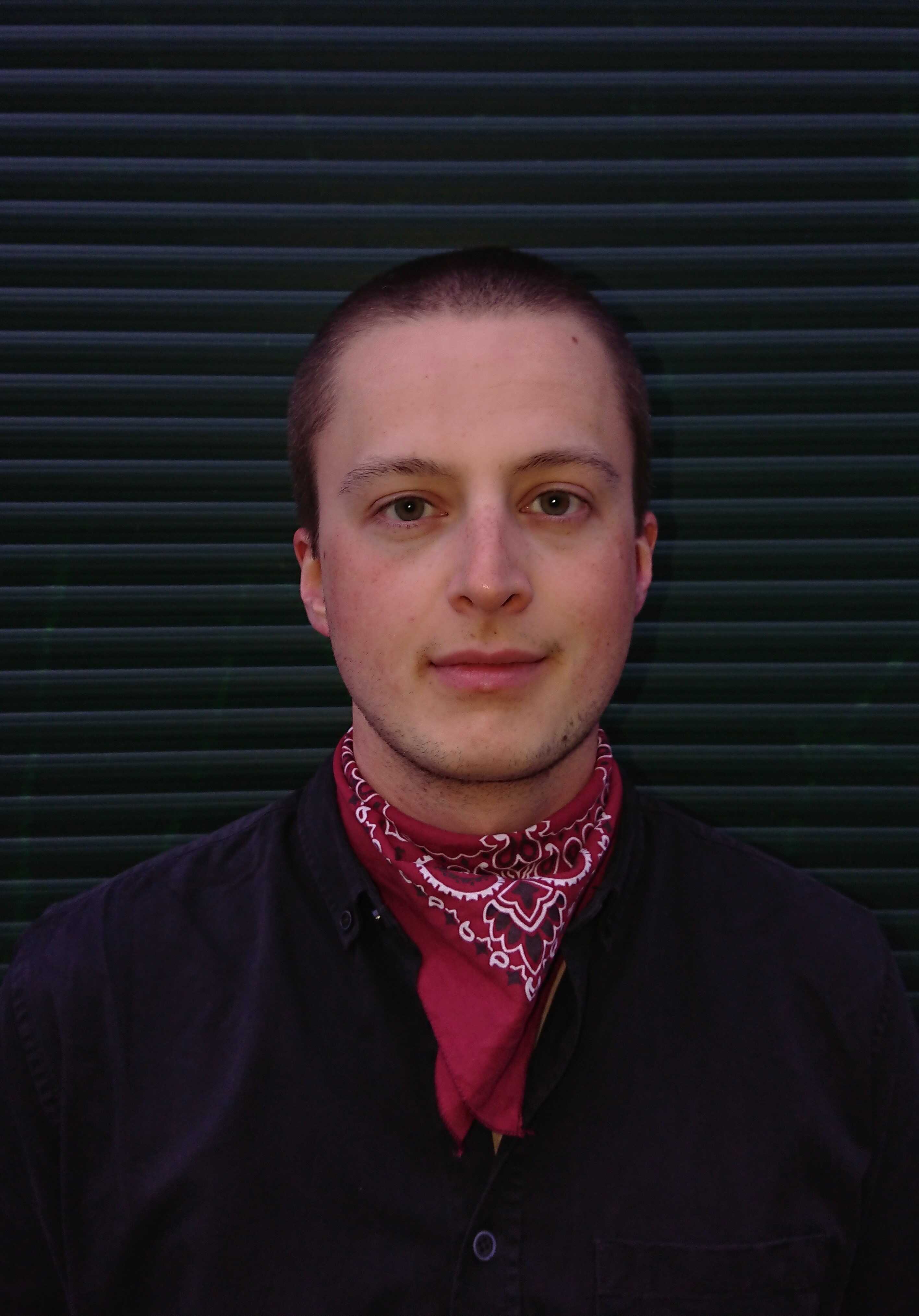
Leo Bauer
Leo is a second-year MA student in the International Studies / Peace and Conflict Research program at Goethe University Frankfurt. He just completed an internship with the Max Planck Research Group How ‘Terrorists’ Learn in Halle, Germany, conducting an empirical study on the impact of terrorism research on subnational security policymaking in Germany. His research interests revolve around civil war and armed non-state actors, with a particular focus on rebel governance, diplomacy and warfighting. To further understand armed non-state actor behavior, he is eager to creatively employ computational methods. Outside of class, he participates in the civil society initiative Frankfurter Demokratiekonvent (Frankfurt Democracy Convention), which once a year hosts a municipal direct democracy forum with randomly selected citizens to work on more direct forms of political participation. Leo holds a BA in American Studies from Leipzig University and has studied and worked abroad in the US and Turkey.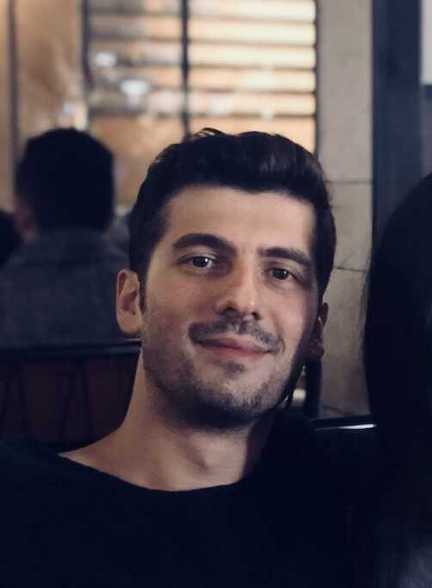
Efe Baslar
Efe is an industrial engineer whose interests mainly lie at the conjunction of social sciences, mathematics and statistics. This usually results in investigating questions relating to behavioural decision-making. Specifically, he would like to learn about how agents perceive and response to threat and how can automated agents that make decisions in our stead be taught (or if they should) to incorporate behavioural nuances, in a market setting. He got his BSc and MSc degrees from Istanbul Technical University. While he is currently a research assistant at the same institute, he will continue his studies as a PhD student at Berlin School of Economics, if there is still a recognizable world come October.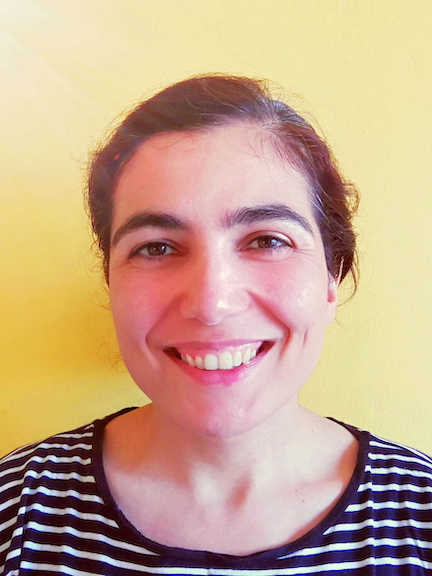
Cansu Basak
Cansu Basak is a Ph.D. student at the Ankara University, Department of Economics. She holds an MA degree in Development Economics from Marmara University and a BA in Physics Engineering from Istanbul Techical University. She seeks to apply analytical and machine learning techniques to various macro-economic indicators, and aims at utilizing these tools for analyzing socio-economic relations from a critical point of view in her academic work.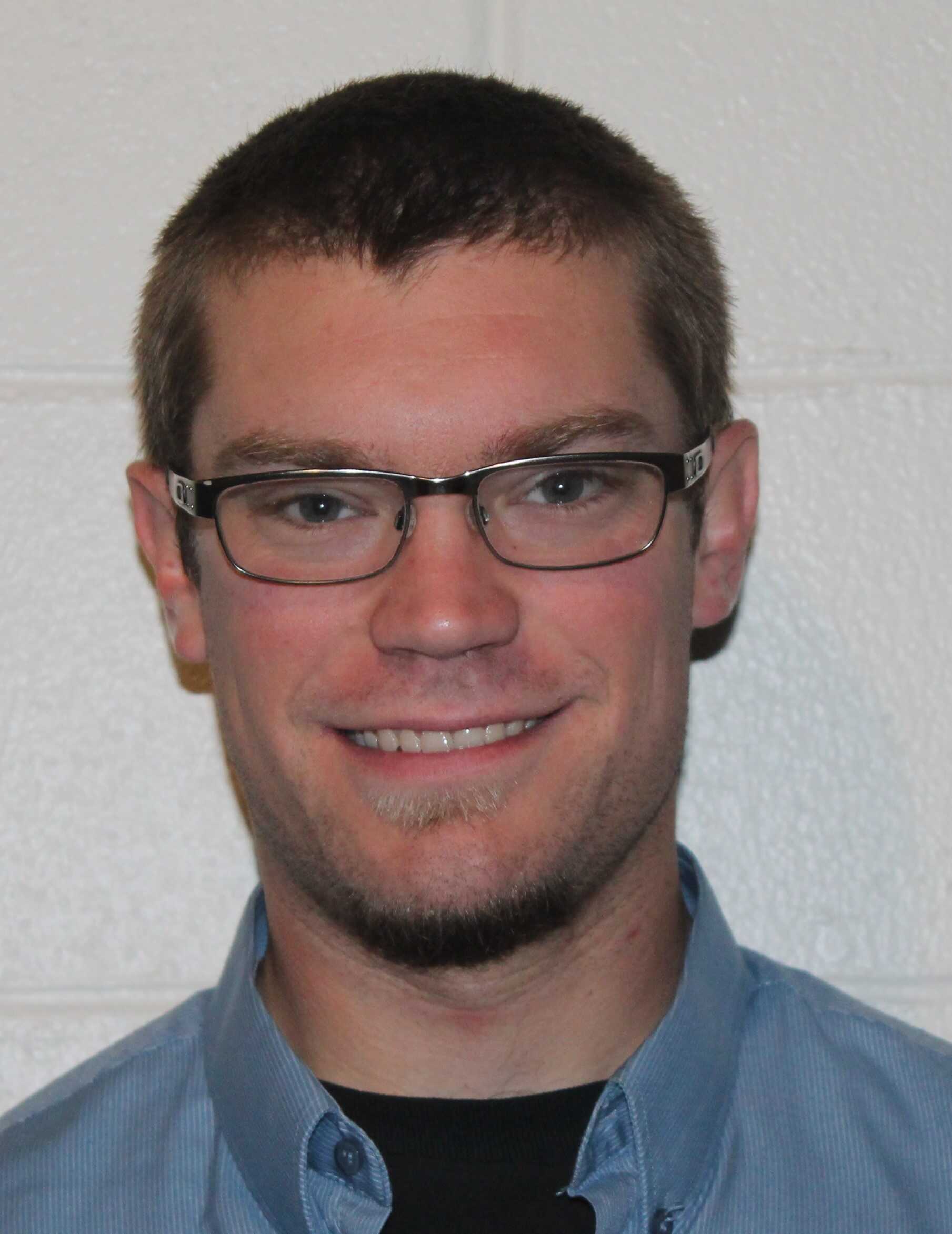
Kyle Beattie
Kyle Beattie is a professor and researcher of Political Science and English as a Second Language. He obtained his BA in Political Science from Humboldt State University and his MA in Teaching: TESOL from the University of Southern California. Here is a list of his recent research. Currently, he is a PhD student at the University of Alberta in the Department of Political Science specializing in International Relations and Comparative Politics. His doctoral dissertation focuses on the field of corruption studies. Whereas most of the discipline of corruption studies has largely focused on developing world corruption, he is interested in the types of corruption that emanate from the developed world. These forms of corruption, which are often much more sophisticated, include illegal wars, economic sanctions, fiat currency manipulation, the UN veto vote, and others. He is also an amateur self-taught programmer and avid language learner. He speaks and researches in English, Spanish, and Arabic. Here is a link to his personal website to find out more.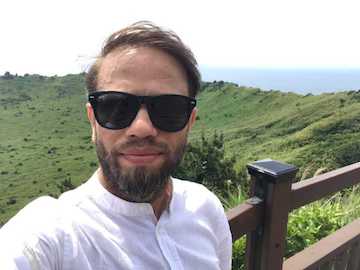
Enes Abanoz
Enes Abanoz is an assistant professor in School for Communication at Ondokuz Mayıs University, Turkey where he has been faculty member since 2018. He has been worked as an assistant professor at Woosong University, South Korea in the 2018-2019 academic year. Enes Abanoz completed his Ph.D. at the Marmara University and his undergraduate studies at Istanbul Commerce University. During his Ph.D. education, he had been as a visiting researcher in Digital Media, Networks & Political Communication (DiMeNet) at University of Pennsylvania and Social Media & Political Participation (SMaPP) at New York University. His research interests lie in the area of Graph Theory, Computational Communication and Social Media, ranging from theory to implementations.
Bilal Salaymeh
Bilal Salaymeh is a Ph.D. student in the International Relations and Political Science program at the Graduate Institute of International and Development Studies IHEID in Genève. He holds a BA and MS in International Relations. His research interests revolve around: the relations between authoritarian political regimes’ nature and possibilities of transition/change; post-conflict state/peacebuilding, SSR and CVE; and armed non-state actors, with a solid background in politics of the Middle East and experience in policy-oriented research. Bilal is interested in the emerging computational social science approaches and their potential to advance political research.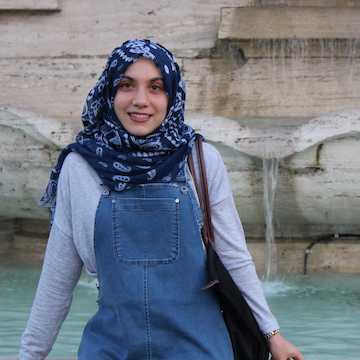
Feride Saliha Taşpınar
Saliha Taşpınar is a masters student in Political Science department at Sabancı University. She holds a double major BA degree in Political Science and International Relations and History from Boğaziçi University. Her field of interest is political methodology with a focus on quantitative and formal political analysis.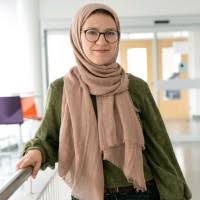
Ibtissam Makdoun
Ibtissam Makdoun is currently doing a Ph.D. in National School of Computer Science and Systems Analysis Rabat. Her research is about improving the education system using data science. She is using Social Network Analysis and Machine learning and Data mining techniques to study study the mismatch between the education system and the job market. She has a Bachelor Degree From Multidisciplinary faculty in Errachidia in Networking and Telecommunication and her a Master Degree at National School of Applied Science in Kenitra Morocco, she majored in Security of Information systems.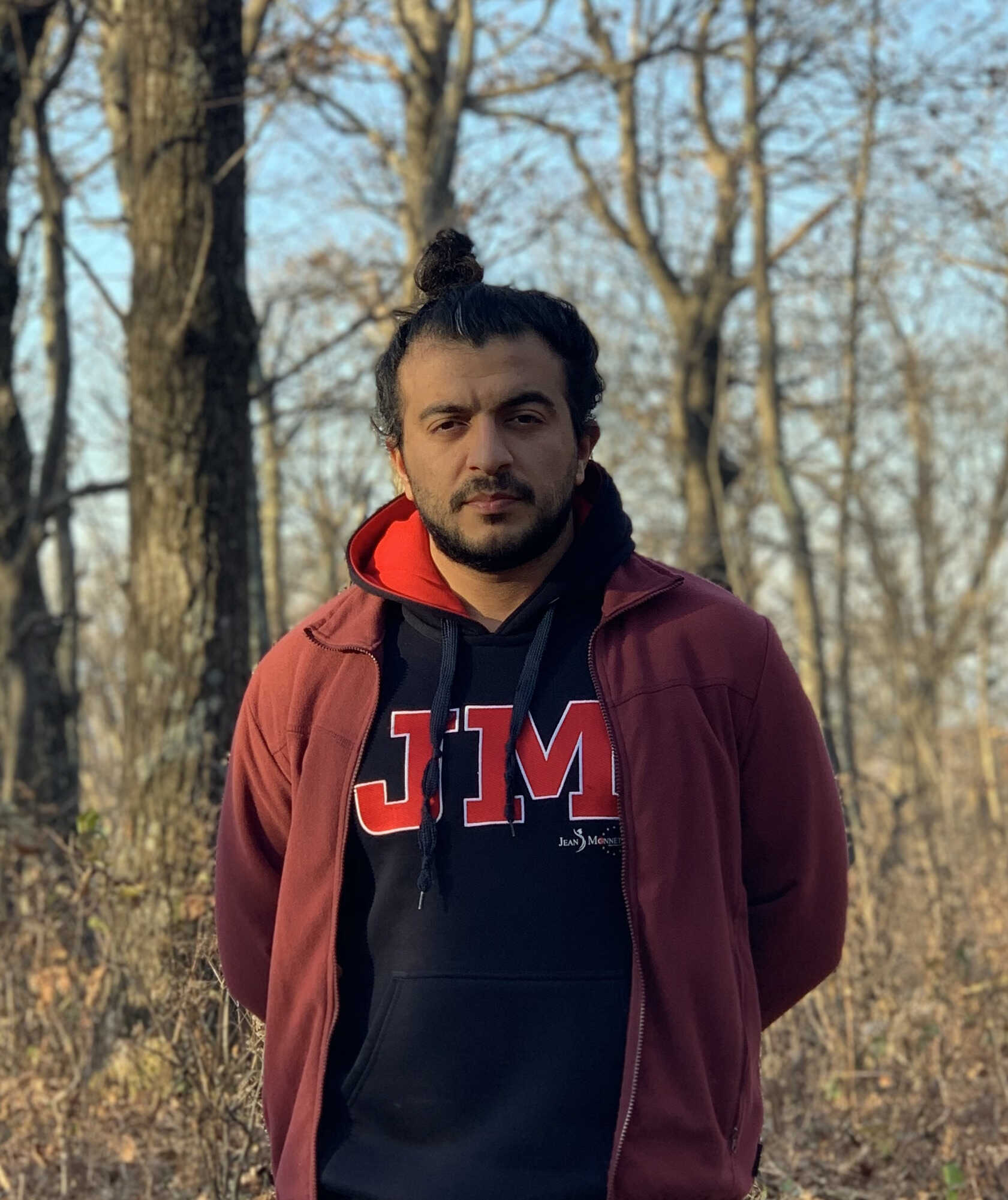
Ozan Ahmet Cetin
Ozan Ahmet Cetin is a PhD student at American University’s School of International Service. His research interests include international cybersecurity cooperation, technology, and alliance politics. His current work focuses on varying state responses to emerging technologies with national security implications. He holds a BA in Political Science from Bogazici University and an MA in International Relations from King's College London’s War Studies Department. Before returning to the university, he worked in the telecommunications sector and in media research.
Tekin Baykız
Tekin Baykız is a research assistant in the Department of International Relations at Middle East Technical University (METU) in Turkey. Currently, he is a PhD candidate in the same department. He holds B.A. degrees in Computer Engineering and Computer Teaching from Ankara University and Gazi University respectively. Baykız also received a M.S. degree from Information Systems Program at METU. He worked as a researcher in the project titled “EU-GLOBAL: Transatlantic Perspectives in a Changing Global Context: Multilateralism through Regionalism”, which was financed under the European Union Seventh Framework Program. His research interests include Islamic Groups and Foreign Policy, Westernism and anti-Americanism in Turkish political thought.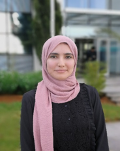
Imane Khaouja
Imane Khaouja is a Ph.D. student at Université Internationale de Rabat. Her thesis focuses on improving education and employability in Morocco using data science. She uses text analysis to identify required hard skills and soft kills in job postings to grasp job market needs. The analysis draws the big picture of the job market needs in Morocco which will help future job seeker and graduates to find a job.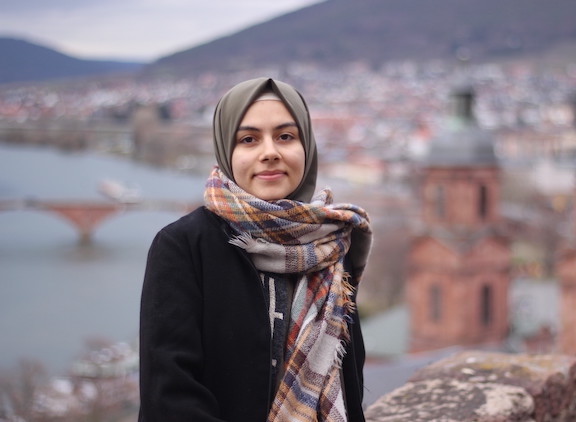
Betül Özturan
Betül Özturan is MA student of Political Science at the University of Konstanz. She is the research assistant to the Development Research Group there. She obtained her Bachelor degree from Boğaziçi University in Political Science and International Relations and her minor degree in Economics (2018). Her research interests are civil wars and terrorism. Her current research is on UN Peacekeeping mission's economic impact. She is currently learning social network analysis and text analysis methods to apply on her research of foreign combatants in civil wars.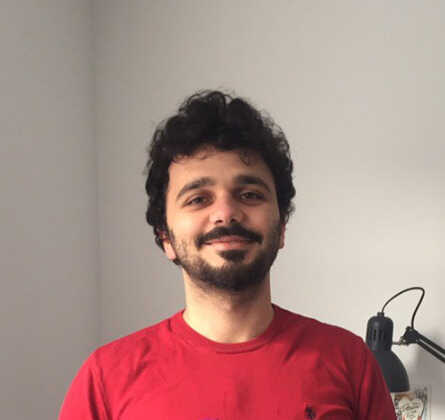
Burak Özturan
Burak is a second-year master student at the University of Konstanz in Social and Economic Data Science. He received his Economics B.A with an honors degree from Bogazici University. He stands on the ideal intersection point of social science, mathematics, and computer science for computational social science research. Currently, He is analyzing Turkish social media polarization through quantitative text analysis approaches. His research interests are political polarization, behavioral economics, collective action, and conflict studies.